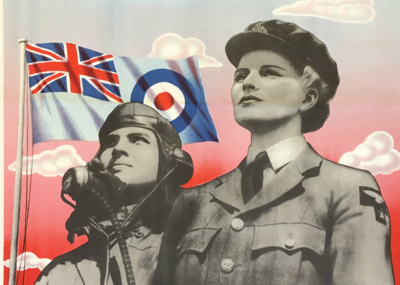Non omnis moriar
Zuzanna Ginczanka
1942
“I shall not wholly die,” proclaimed Polish-language poet Zuzanna Ginczanka, shortly after she was betrayed by her landlady to the Gestapo during World War II. Indeed, this poem was later used as evidence in the postwar collaboration trial of Ms. Chomin. The poet’s focus on the deeds of her Polish neighbor and the legacy of her own enduring identity highlights a difference from other sources in this collection. Unlike literary works such as Kovner’s “Call to Arms,” Ginczanka does not frame her plight through the language of the survival of the Jewish collective.
Why do you think the poet indicted Chomin’s wife, rather than blaming the Nazi regime for her plight?
What lessons might we learn from Ginczanka’s understanding of the impact of the part of her that will not die?
Which lines of the poem did you find most powerful and why?
Related Guide
Holocaust and Post-Holocaust Fiction and Poetry
Jewish literature developed individual rather than collective voices, as postwar Jewish identity was transformed by the forces of modernism and assimilation.
Related Guide
The Holocaust: Years of Catastrophe
Jewish writing in Nazi-occupied areas documented ghetto life, moral questions, and Jewish identity, while writers in free zones grappled with the unfolding tragedy.
Creator Bio
Zuzanna Ginczanka
Born in Kiev but raised by her grandmother in the predominantly Jewish city of Rivne, Zuzanna Ginczanka (also known as Gincburg) was a Polish-language poet, literary translator, and author of radio plays. Ginczanka moved to Warsaw in 1935, bringing with her a reputation as an innovative poet. Her one published collection of poetry, the volume O centaurach (1936), was considered a literary sensation in its day. During the war, Ginczanka spent much of her time in hiding, going back to Rivne, then to Lviv, and finally to Kraków. She was ultimately betrayed by one of the landlords who had kept her in hiding in Kraków and likely murdered at a Nazi prison outside the city. Ginczanka’s most famous poem “Non omnis moriar” was later used as evidence against her betrayer in a postwar collaborationism trial in Poland.
You may also like

Jewish Resistance and the Holocaust
From armed confrontation to religious defiance, Jews fought back against the perpetrators of the Holocaust.


